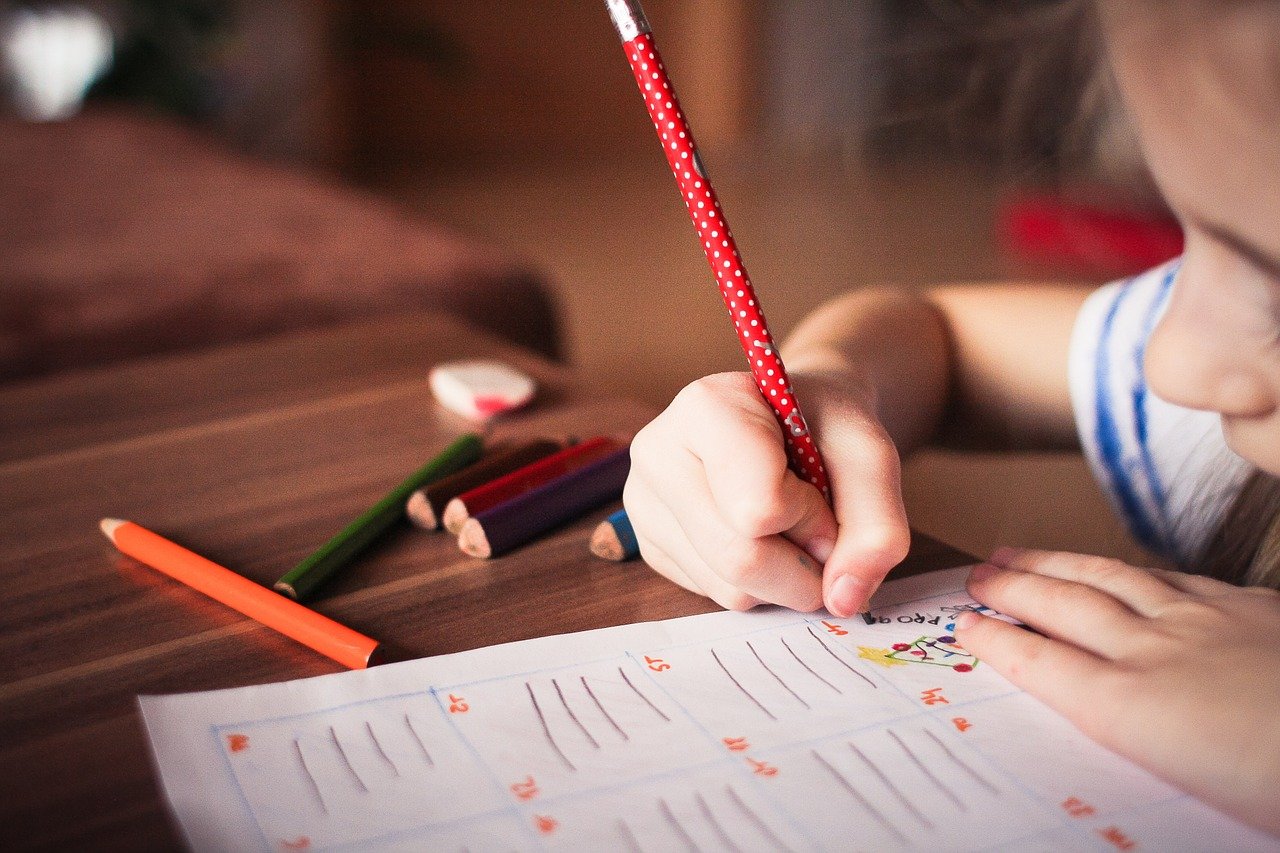All children love to play. But did you know that they naturally learn by playing? There is more to “having fun” when children play. Since they are actively making their own choices and being involved in an activity, children can discover meanings and build connections. As a parent, you want to ensure your children are getting the best educational experiences they can get, even at very early stages of life. Luckily, you can incorporate learning into your playtime. Here are ways you can extend your child’s learning through playtime.
For Two Years and Under
While you may not think babies are “playing” in the sense that a toddler would, they do experience with their senses. One of the best educational experiences for babies is a “show and tell” activity. Children start to interact with other materials as they get older, but when they are under two, you can make for an interactive yet educational experience.
Show your babies any colorfully contrasting items, or ones with lots of texture and noise. They will be mesmerized by the sight of some objects. You should have them placed within their reach, and encourage them to play with them. You can use any toy or object that is safe for their age. Many people don’t realize they are already doing activities like this.
Another way to encourage learning while playing is to “tell” them what they are doing. When your baby is playing, interact with them and describe to them what they are doing. You should show that you are curious about what they’re doing and ask them questions. For instance, if your child is playing with a red ball, you can announce, “I see you are playing with a red ball!” You could then begin to ask them questions about the activity, such as, “What does the ball do?”.
Playing With Toddlers
As children get closer to the toddler years, they begin to incorporate what they see others do into their play. They might also begin to play next to other people. If you notice your child fixating on an activity that other people are doing, you should ask them questions and encourage them to try the activity themselves. For instance, if there is another group of children working on a puzzle, the toddler may wander over and watch them figure it out. Explain to them what they are doing. “Those kids are fitting the pieces together to make a puzzle. Can you find the missing piece?”
For many young children, playtime can be an educational experience. As a parent, you should encourage your child to explore their curiosities, and be there to ask questions. The more you pique their curiosity, the more informational the experience can be. Playing can be an incredibly powerful tool for children!


